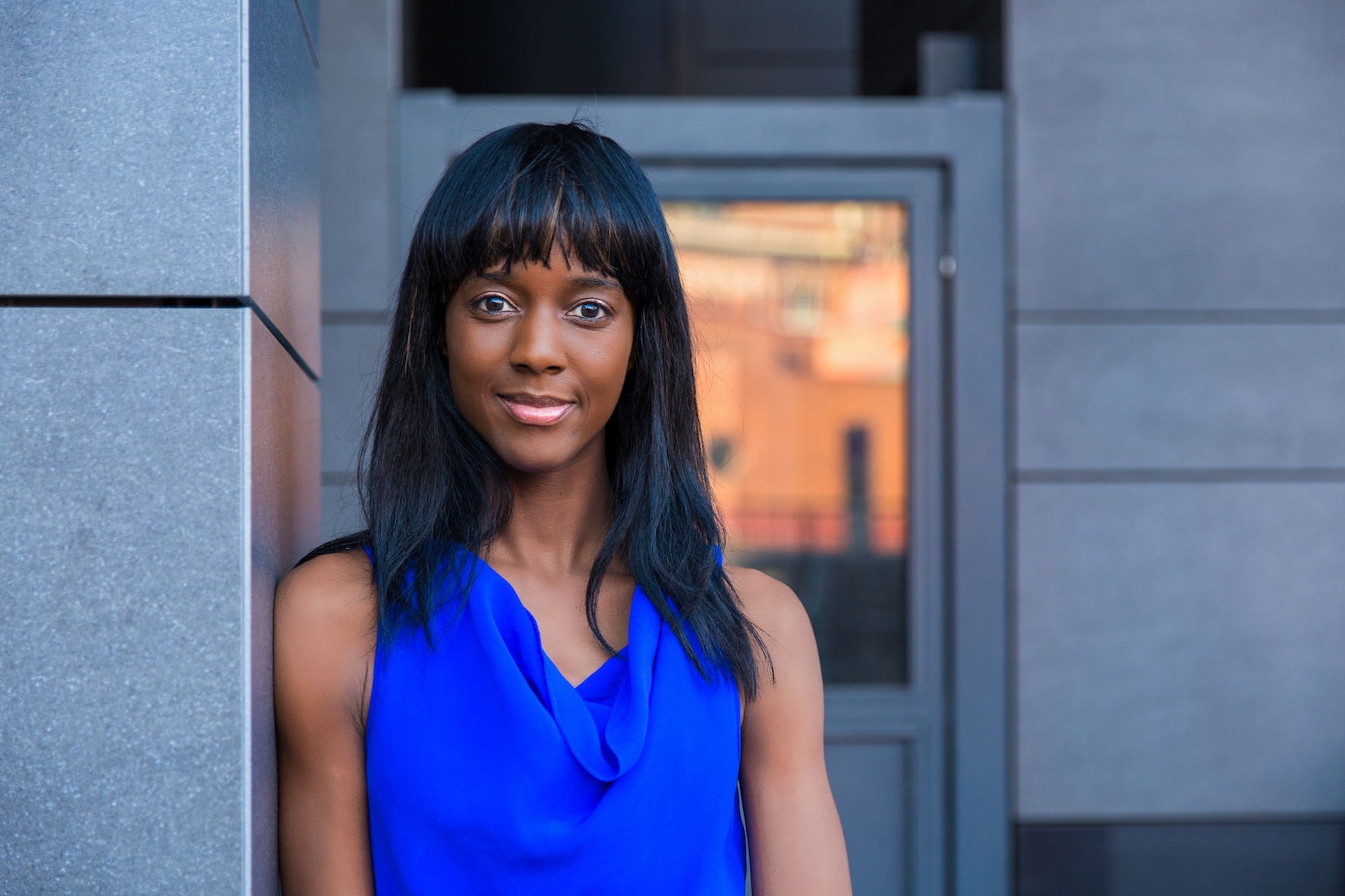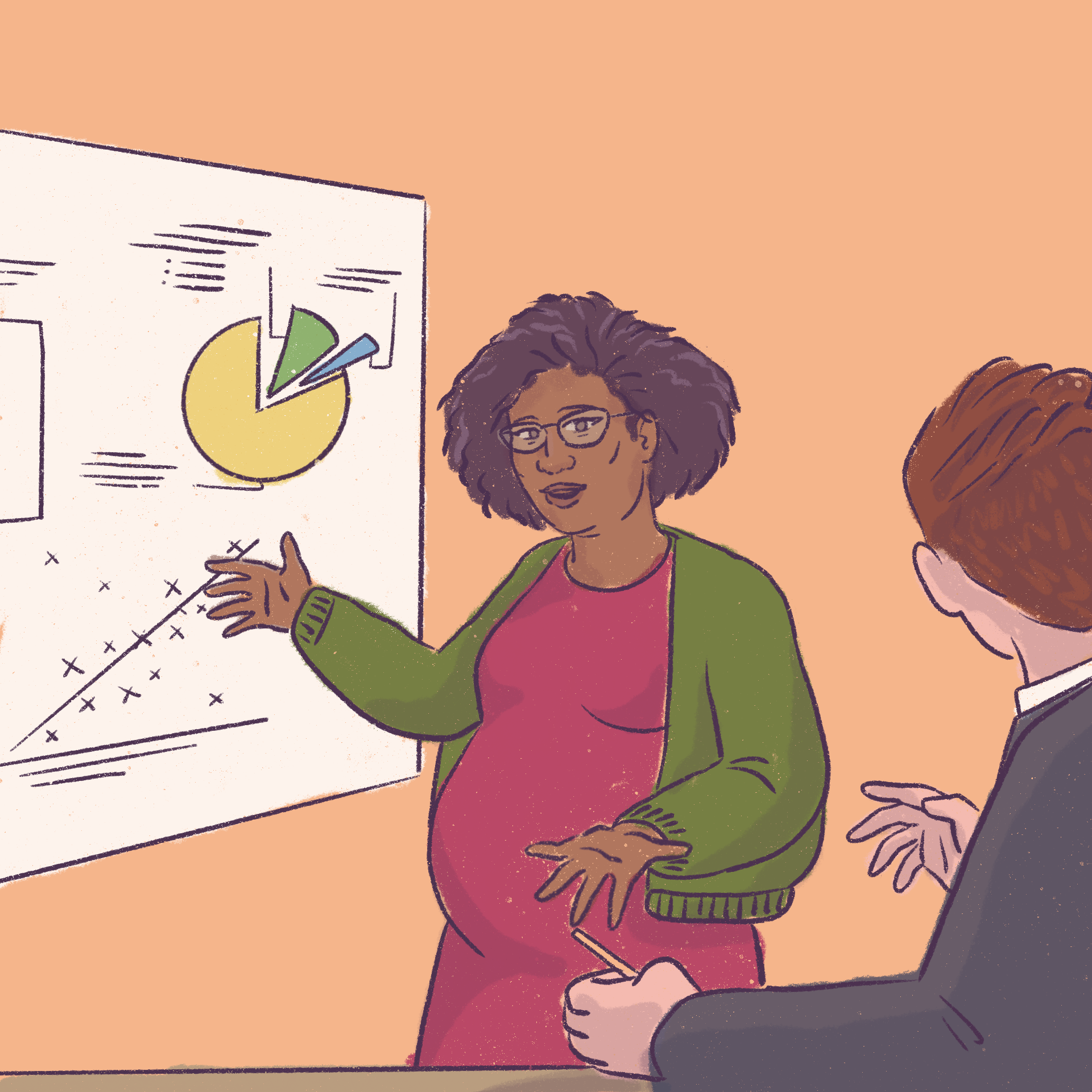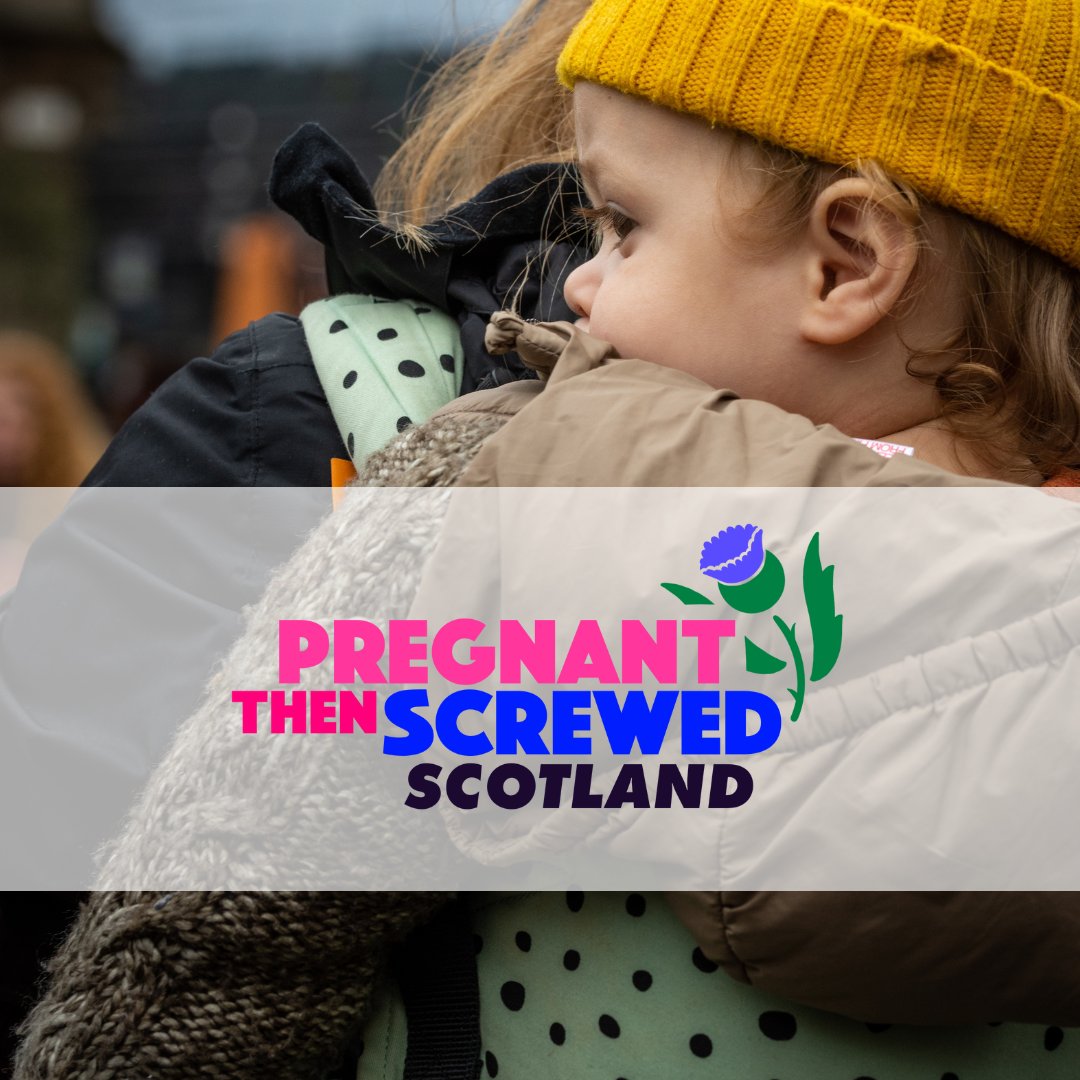As part of our Dear Employer day, we asked Nova Reid to explain unconscious bias and how it affects women and mothers. Nova Reid is a diversity culture change consultant and anti-racism educator who loves to have uncomfortable conversations to inspire long-lasting change. With humilty and humour, 2019 Diversity Awards nominee uses her professional background in mental health to focus on mindest change and encourage businesses and indivuals to lead by example and be the change they want to see in the world. She is also founder of multi-award winning wedding business Nu Bride and the UK’s first wedding show dedicated to diversity. www.novareid.com
What is unconscious bias?
In black and white, bias means: inclination or prejudice for or against one person or a group, especially in a way considered to be unfair. Therefore – unconcious biases are: social stereotypes we hold about certain groups of people that we form outside of our own conscious awareness. People often believe they don’t hold bias or prejudice, that ONLY ‘cruel’ people do. This is a myth. It is not about being a good or bad person. It is about self-awareness. If you are human you 100% have bias.
Do you think that people have an unconscious bias towards women of childbearing, pregnant women and mothers?
Yes. Absolutely. Many women have recounted to me, that instead of feeling happy about going on maternity leave, they feel huge anxiety and fear of not having a job to go back to. Others noticed after their pregnancy announcement, they were given less responsiblity, intentionally ignored off of email chains and important meetings and side-lined. They felt people started to respond to them as less capable and in turn, started to treat them as such. Interestingly enough, my two dear friends who just had their first child never underwent any of this behaviour at work when they announced parenthood, they are two men. So to elaborate; people have bias towards all types of people and backgrounds. People do it to us and we do it to each other. We make automatic assumptions (conciously and subconsciously) about a person, whether we like them or not, whether they are capable, intelligent, lazy, trustworthy, safe, dangerous etc, in an instant and it affects the way be behave around each other in the workplace and beyond. Bias and prejudice are formed from our belief systems and values, from years and years of programming, and from a brain function that is naturally used to putting things and people in boxes. So yes, employers can, will and do make assumptions on whether women of child bearing age should be hired, promoted or given resonsbility if they think they are only going to “leave” to procreate. Their bias tells them they are a financial risk, they are less capable and less committed. I had a recent conversation with a photographer whose potential corporate employer thought it was acceptable to openly ask her in the interview if she was going to have children. How invasive. Why not ask her how often she has sex with her partner while you’re at it. I digress. Employers seldom deem it necessary to ask men these types of questions who might find it equally important to want to have children. A sign that we are not held to the same standards or expectations.
What role do you think unconscious bias plays in discrimination? What negative impact could unconscious bias have on a business?
A huge role. Bias affects decision-making in every facet, from relationships, to who we date and HUGELY in business. It goes some way to explain why the higher up the food chain you go in organisaitons, the people who occupy positions of power around the table tend to look the same. From race, to gender, to age, sex orientation, class and ability. Some biases are indeed conscious like the example I gave above, but many are at a subconscious level which makes them prolific and much, much harder to address. Not being aware of our biases or collective biases within enritre industries or organisations can be devastating and lead to unsafe working environments, toxic cultures, frequent microaggressions. Worse case scenarios these collective biases can lead to discrimination that has been established as “normal behaviour” within the organisation and that in turn can lead to institutionalised racism.
What can employees and employers do to tackle their own unconscious bias?
Have the courage to accept that they and all of their staff have biases which impact workplace relationships and contribute to workplace discrimination, even if unintentional and at a subconcious level, they will have them and it affects the workplace culture. You cannot fix or improve what you don’t know, so get curioius. Hire experts. It starts with individuals first. Perhaps as a first step take the Implicit Bias Test by Harvard to uncover yours. Make it a business prioirty to enable equality, inclusion and diversity within your workplace. There is enough data on the internet that shows diversity is better for business. The impact of intentionally including people and nurturing a safe and inclusive working environment means you create an opportunity for staff to thrive and add more value. Plus for those who aren’t as passionate as I am about the important humanitarian benefit of including people – the Mckinsey report reveals that businesses who priortise diversity financially outperform their peers who don’t, by a whopping 35%. Not prioritising it is costing you money what are you waiting for?



